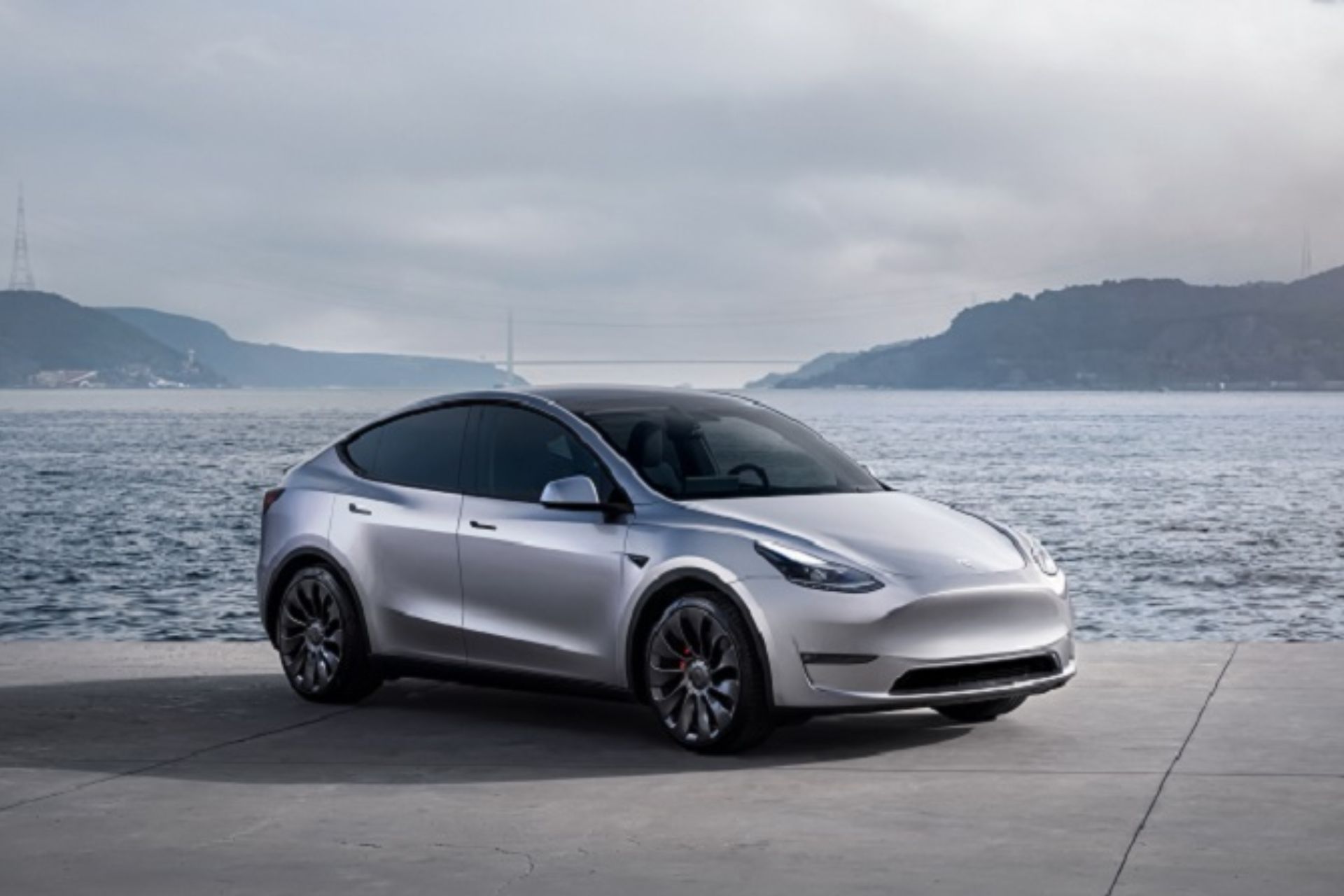
Battle of the Electric SUVs: Tesla Model and Few
Tesla’s Model Y has set the benchmark as one of the best-selling cars globally. As the automotive industry adapts to the electric wave, competitors like the Ford Mustang Mach-E and the recently launched Chevrolet Blazer RS aim to challenge Tesla’s supremacy.
Ford’s Mustang Mach-E
Ford’s Mustang Mach-E made waves as the first electric SUV to bear the iconic Mustang name. Despite its controversial nomenclature, the Mach-E has achieved significant sales figures, with over 80,000 units sold since 2021. Offering a balance between a two-row wagon and an SUV, the Mach-E California Route 1 edition boasts a 91-kWh battery, 312 miles of range, and all-wheel drive, priced at $60,895.
Chevrolet Blazer RS: GM’s Ultium EV Platform Debut
The Chevrolet Blazer RS, honored as MotorTrend SUV of the Year, represents General Motors’ foray into the electric landscape with the Ultium EV platform. Positioned as a larger alternative to its competitors, the Blazer RS boasts a futuristic design and spacious interior. However, its 279-mile range and $64,230 price tag place it in a distinct category.
Tesla Model Y Long Range: Efficiency and Power
Tesla’s Model Y Long Range, the latest addition to the electric SUV fleet, appears as a strong contender on paper. Despite a higher price of $71,630, the Model Y stands out for its efficiency, covering 330 miles with a smaller 84.6-kWh battery. Tesla’s renowned Full Self-Driving software contributes significantly to the overall cost, but even without it, the Model Y maintains a competitive edge.
Range Wars: Evaluating Battery Sizes and Efficiency
In the electric vehicle landscape, the range becomes a paramount consideration. The 2024 Chevrolet Blazer RS, equipped with an 85-kWh battery, offers a range of 279 miles. Ford’s 2023 Mustang Mach-E, boasting a 91-kWh battery, achieves a 312-mile range. Surprisingly, the 2023 Tesla Model Y Long Range outperforms both with a 330-mile range from its smaller 84.6-kWh battery. Efficiency ratings, measured in mpg-e, further highlight Tesla’s prowess.
Beyond Numbers: Performance on the Road
While numbers are crucial, real-world performance tells a different story. The Tesla Model Y emerges as the performance champion, outpacing the Blazer RS and Mustang Mach-E in acceleration, braking, and handling. With a 0-60 time of 4.5 seconds and superior figures in various driving aspects, the Model Y showcases Tesla’s commitment to electric performance.
Subjective Impressions: Design and Driving Experience
Beyond technical specifications, subjective impressions play a vital role. The Chevrolet Blazer RS earns praise for its futuristic design, spacious interior, and exceptional ride quality. In contrast, the Ford Mustang Mach-E’s sleek exterior is offset by divisive Mustang styling cues. Tesla’s Model Y, while efficient and powerful, receives critique for its design and perceived cost-cutting measures in the interior.
The Blazer’s Unique Appeal
In a surprising turn of events, the 2024 Chevrolet Blazer RS emerges as the dark horse, winning over testers with its mature design, ride comfort, and overall charm. Despite lagging in raw performance metrics, the Blazer RS impresses with a refined driving experience, challenging the notion that electric vehicles prioritize speed over comfort.
In the battle of electric SUVs, the Tesla Model Y stands as the numerical champion, but real-world testing reveals a more nuanced narrative. The 2024 Chevrolet Blazer RS defies expectations, showcasing that the electric vehicle landscape goes beyond statistics. As automakers strive to define the future of electric mobility, the Blazer RS introduces a compelling blend of style, comfort, and performance, proving that there’s more to an electric SUV than meets the eye.
